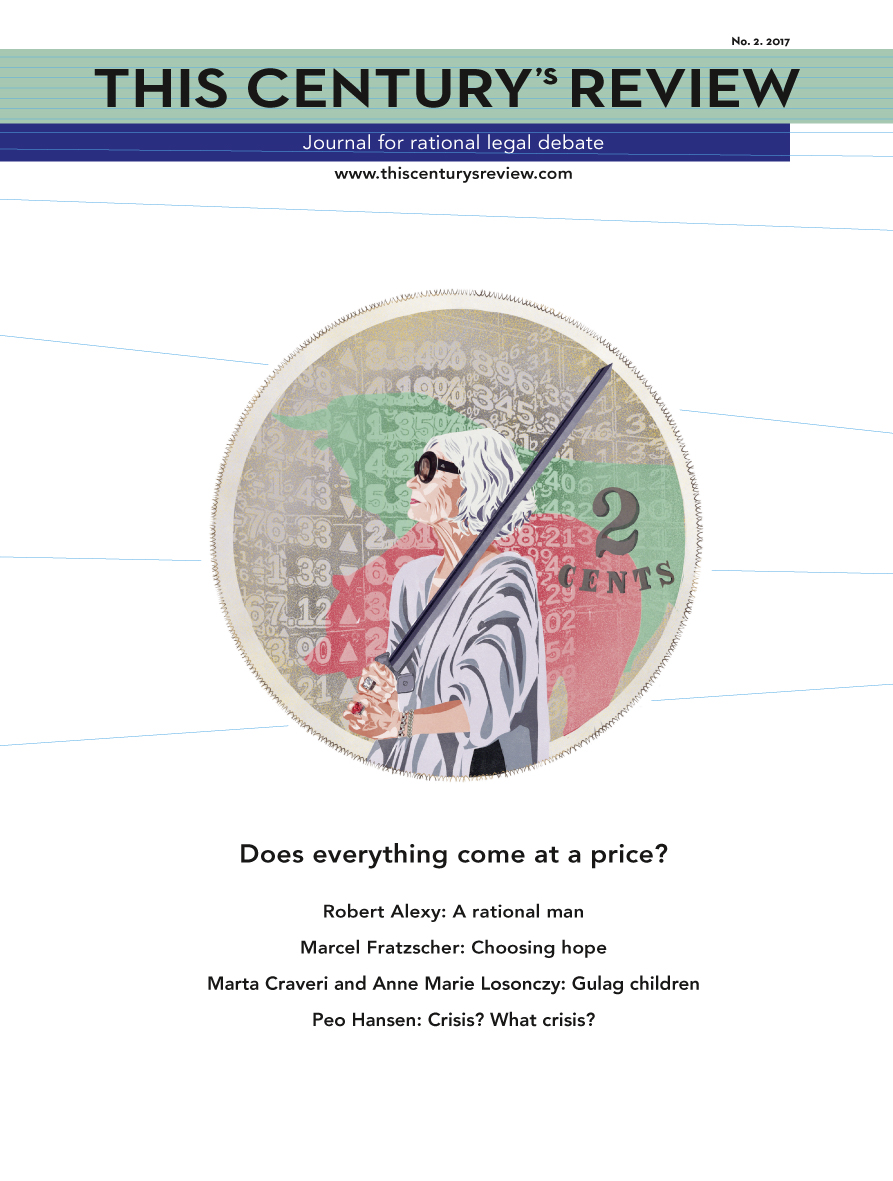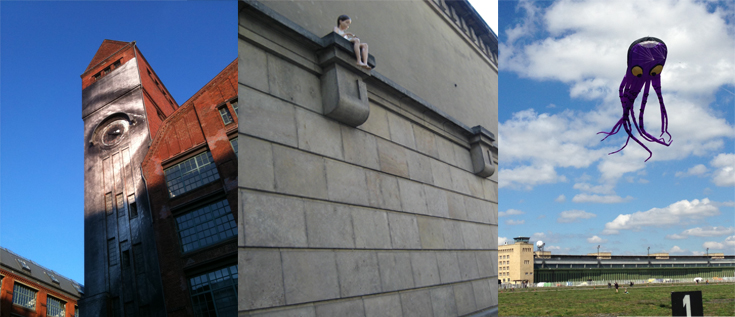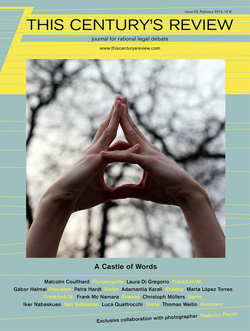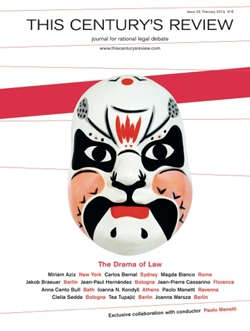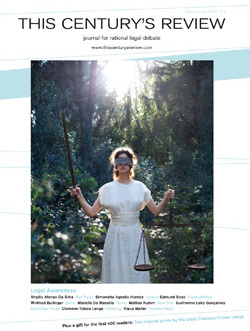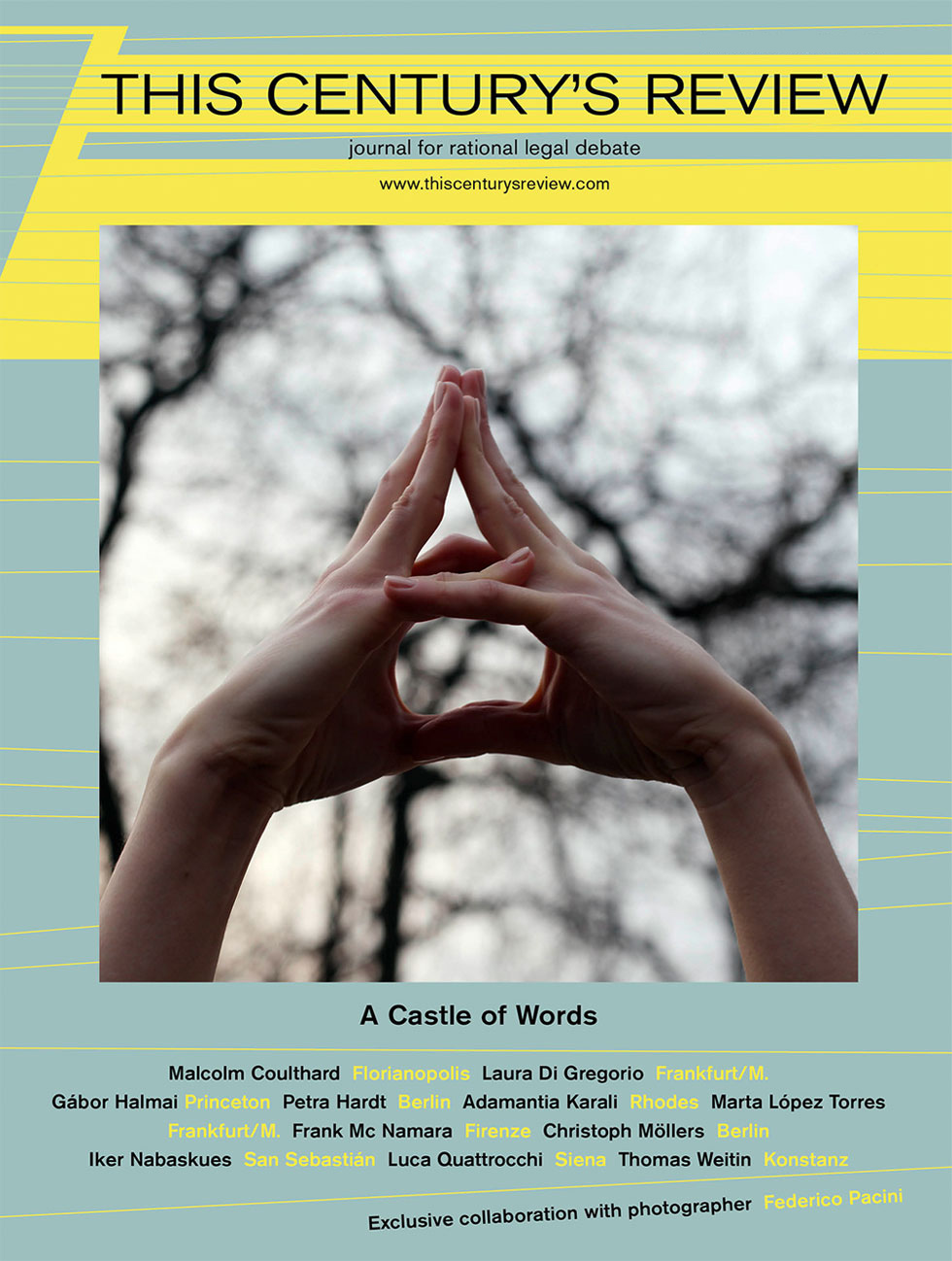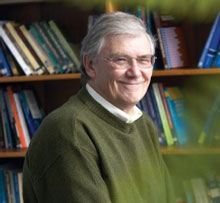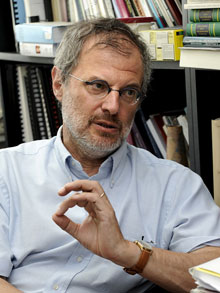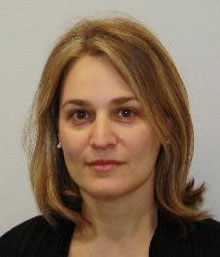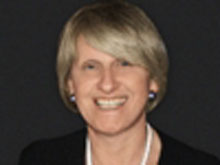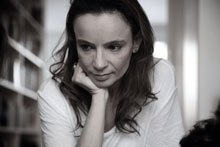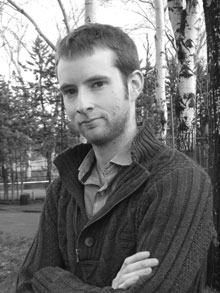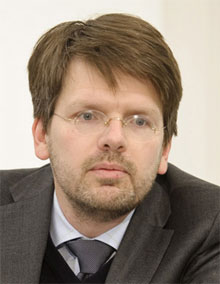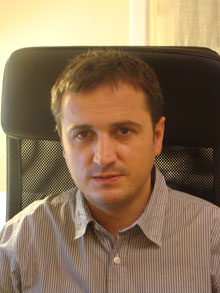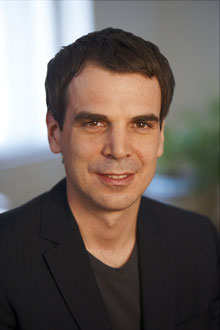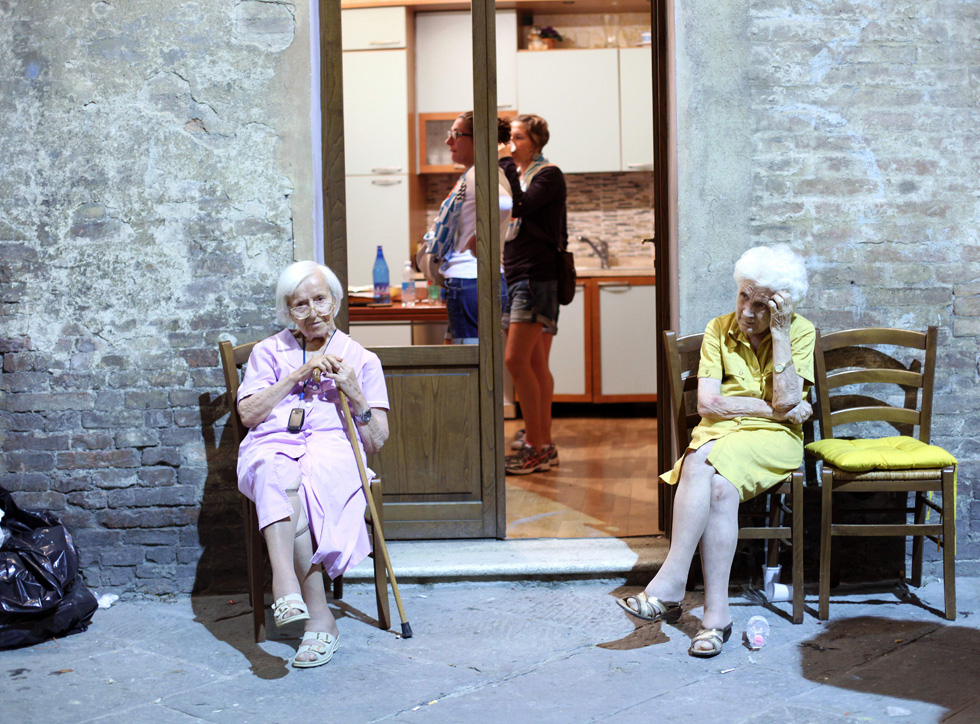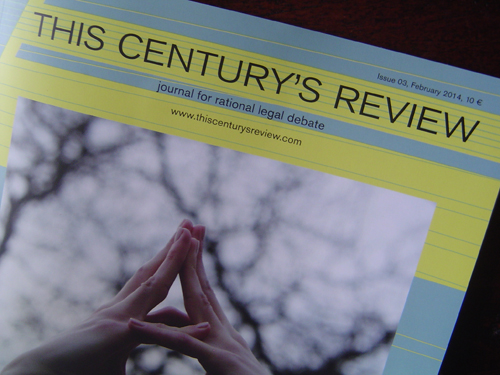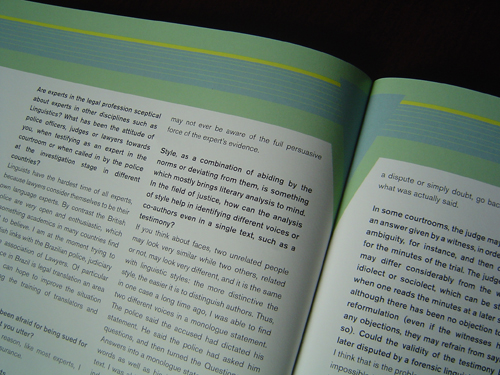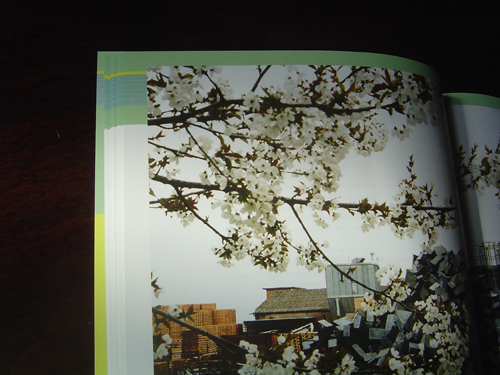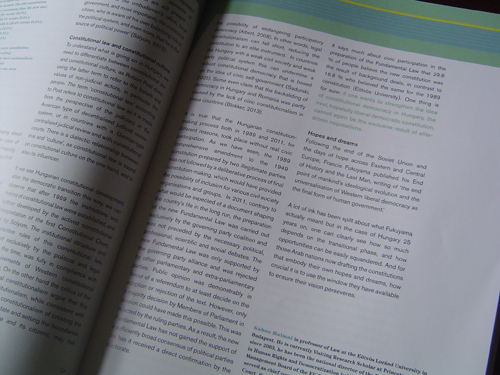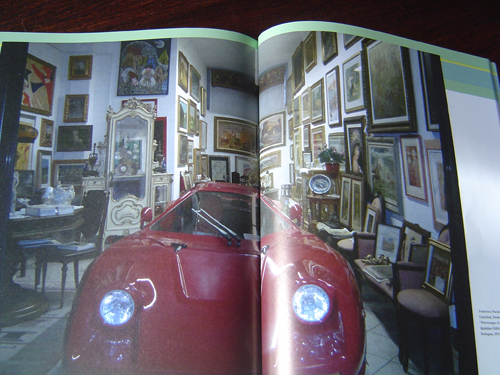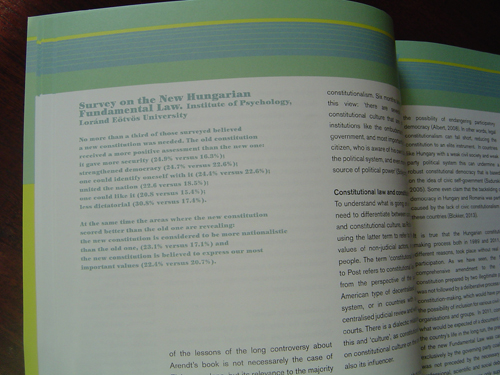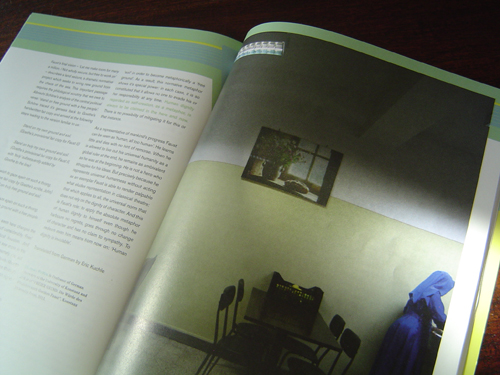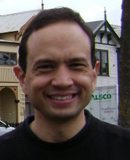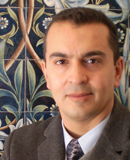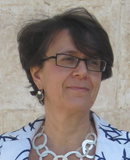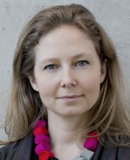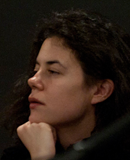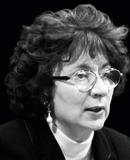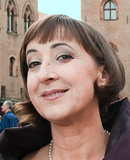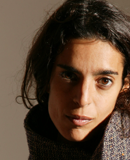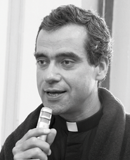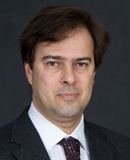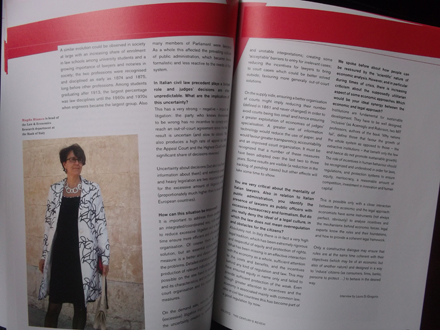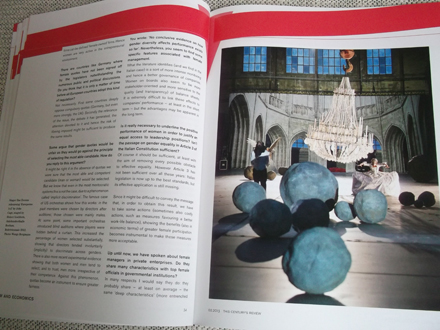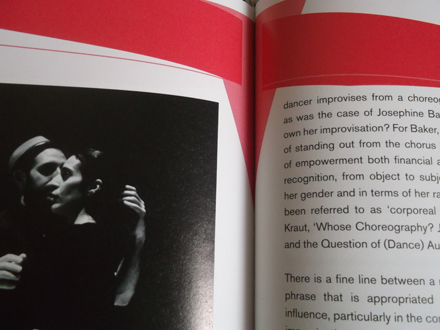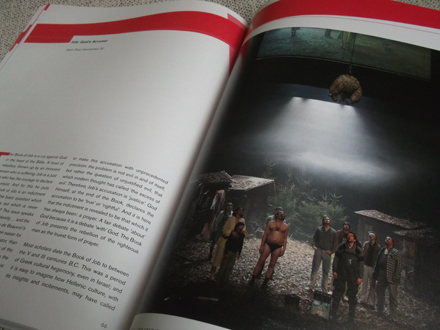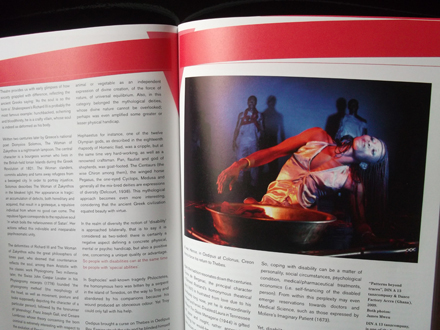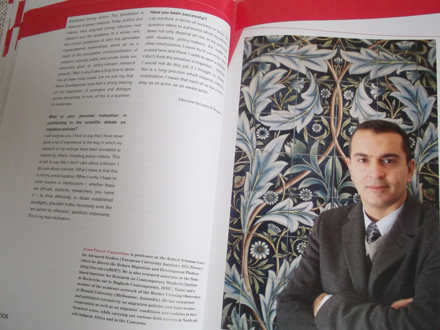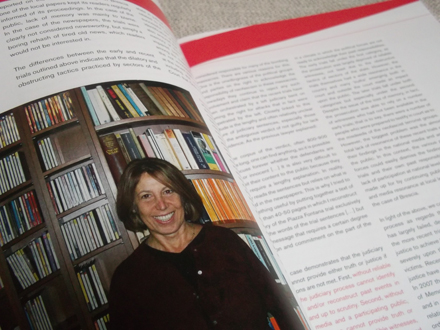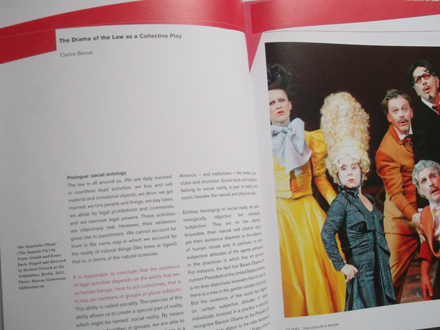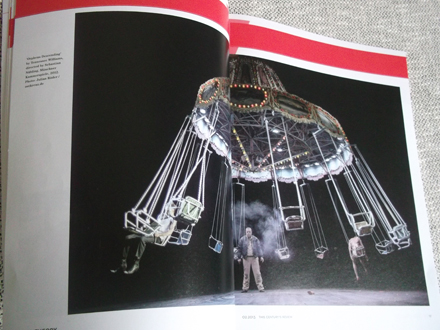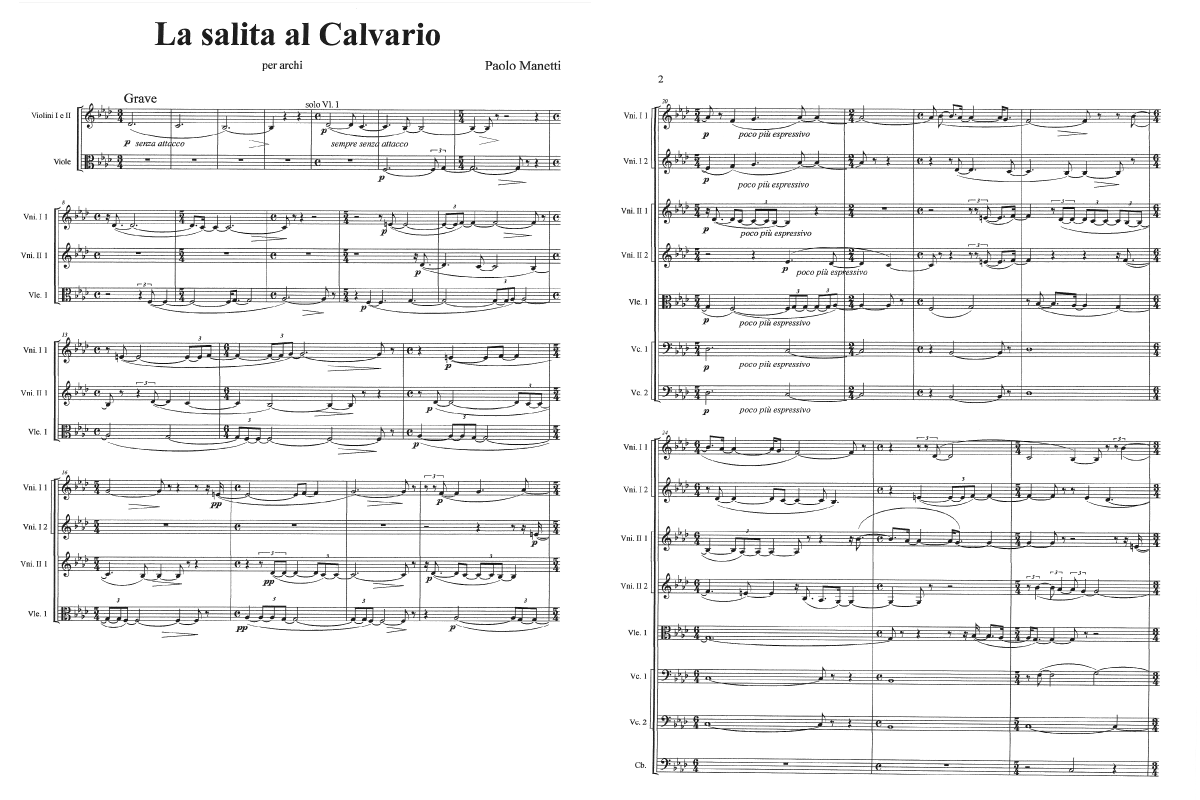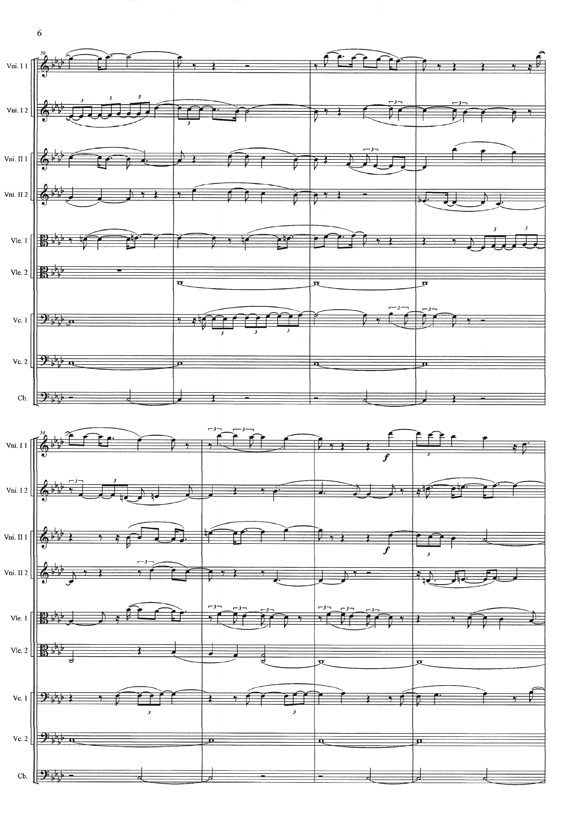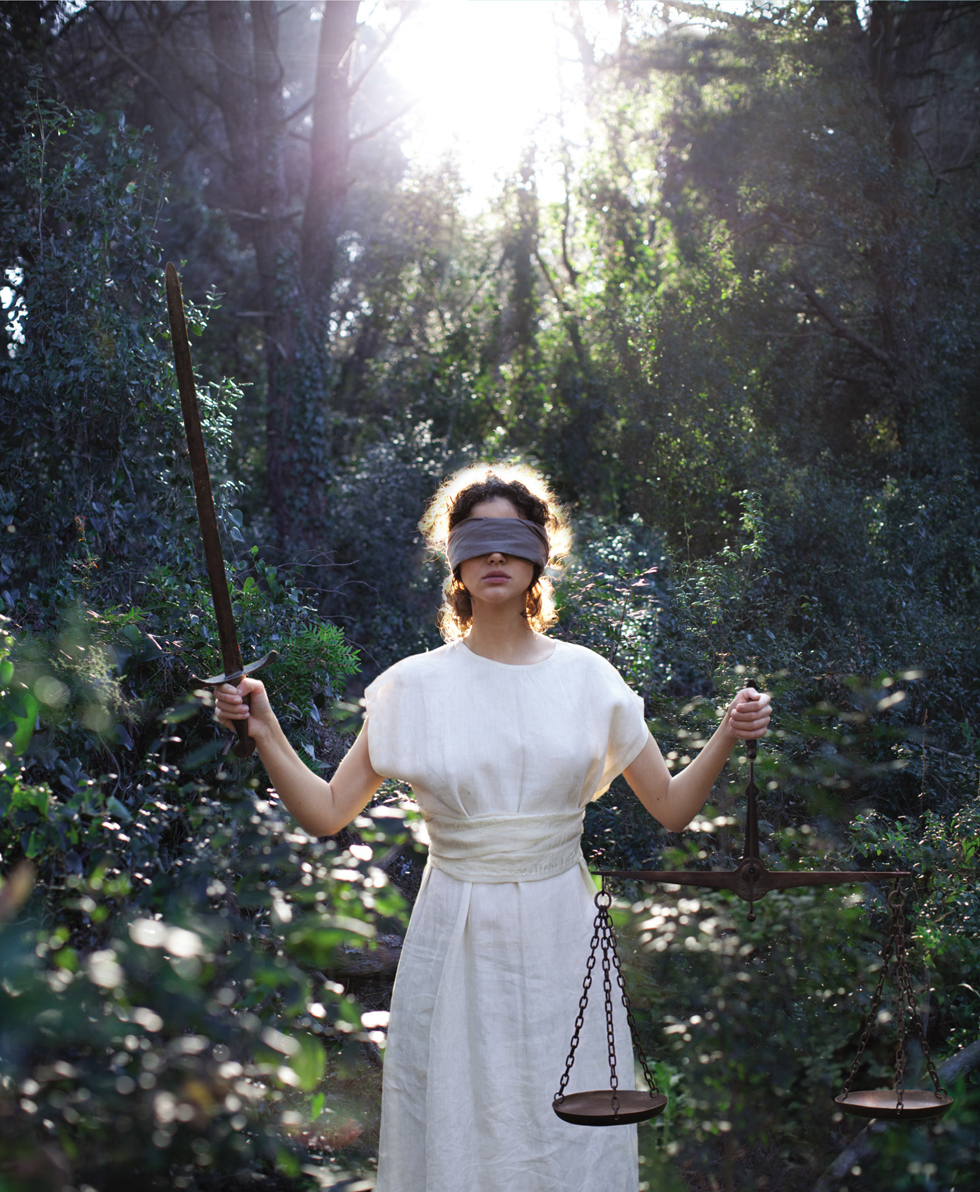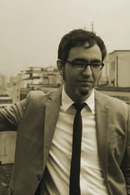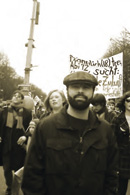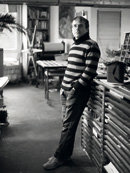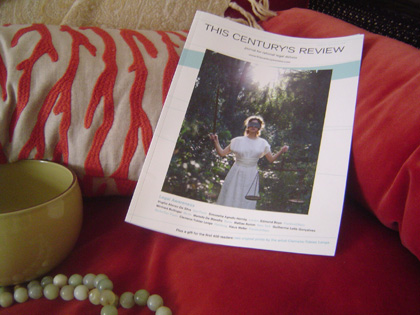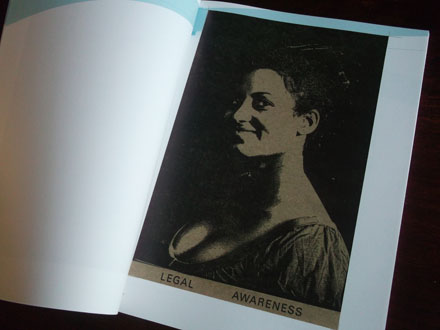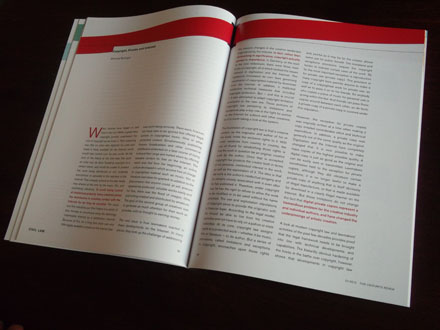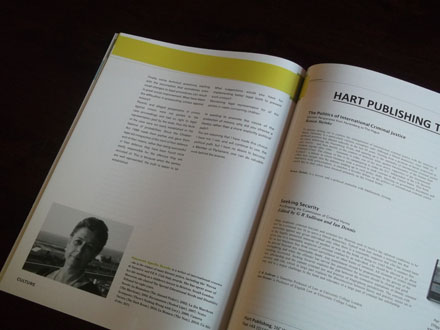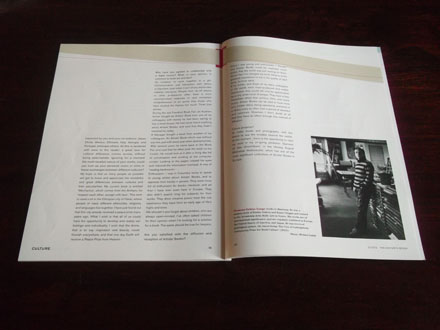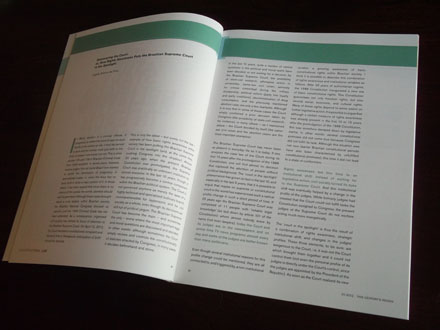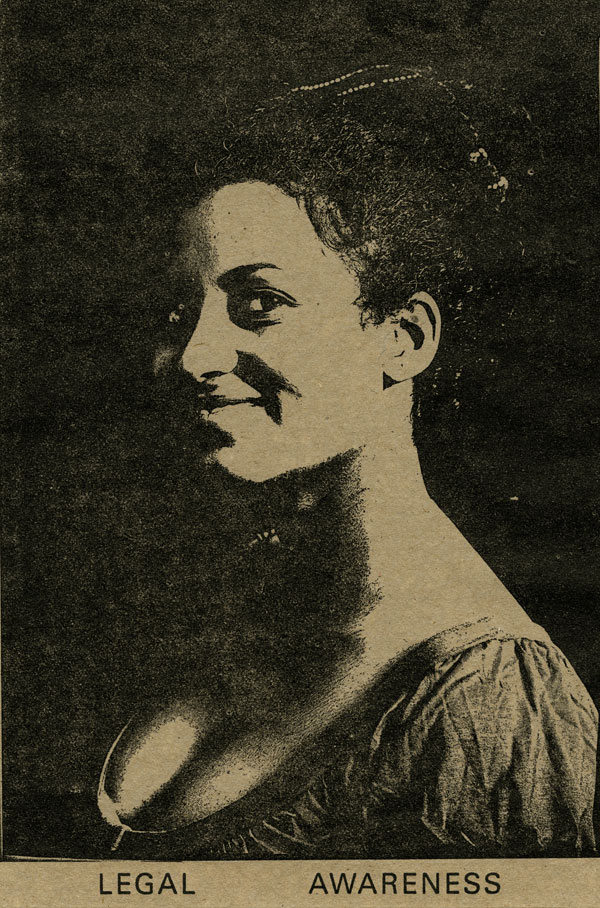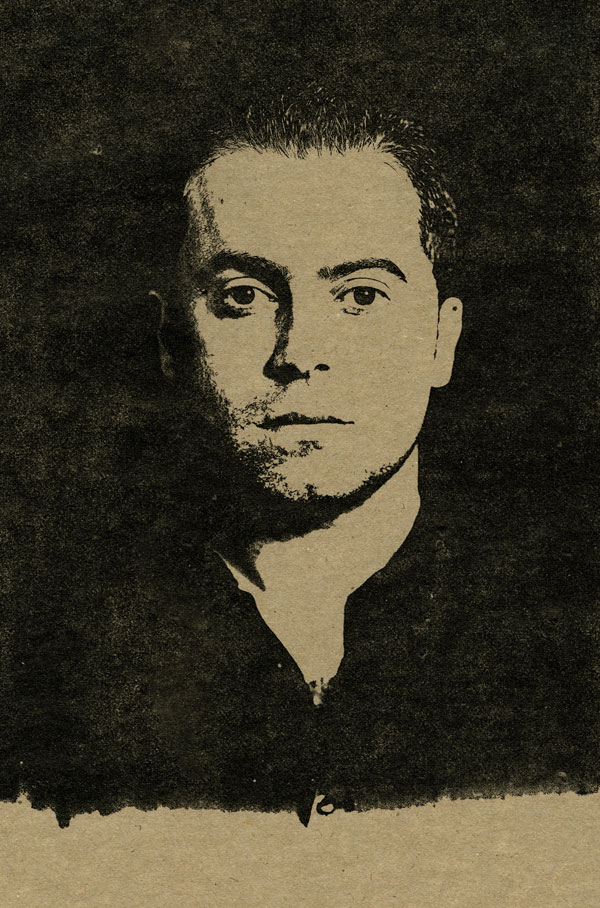MISTAKEN IDENTITIES?
EXPLORING THE LIMITS OF THE SURVEILLANCE SOCIETY
Power requires Law. Only Law guarantees an adequate balance between antagonistic positions. Power has to be judged and calibrated; eventually it may need to be either adjusted or removed. But one thing is certain – without Law, all is lost.
In this edition, we explore the territory where power and Law meet. Why and how are citizens under surveillance? Should we be viewed as inert lumps of data? What influence do states exert on global food security? How are governments addressing the issue of mass migration and what does it mean for the future?
Our authors dissect the main arguments and legal procedures. Criteria are necessary to understand the justifiability of power. The legality of power can never be taken for granted.
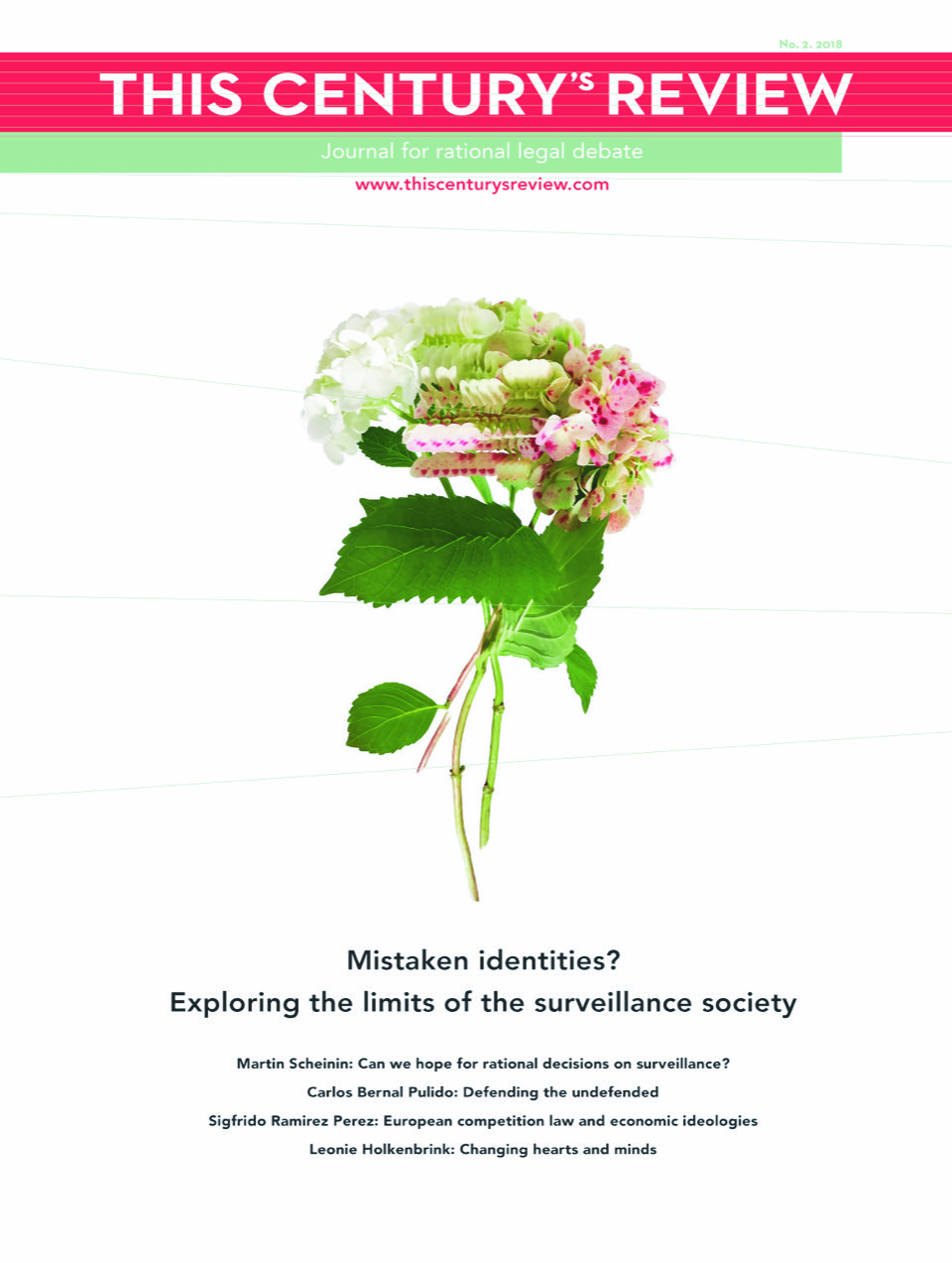
Authors - click the titles for more Information
Martin Scheinin - Professor of International Law and Human Rights at the European University Institute, Florence: Can we hope for rational decisions on surveillance?
…genuine security and counter-terrorism experts, including within intelligence agencies, are not all driven by vested interests related to power and money. Their professional integrity can become a decisive factor in swinging back the pendulum to a zone where rational discussion is possible. This will not stop the pendulum but it will at least provide opportunities for correcting past mistakes and introducing measures that are based on evidence and a proper assessment of both the security benefits and of the human rights impact of surveillance. And if those measures produce tangible results, they may also persist in times when new calls to do ‘something’ are heard…
Kirsty Hughes - University Lecturer in Public Law at the University of Cambridge, and Director of Studies at the Clare College, University of Cambridge: If Big Brother is watching you, who is watching Big Brother? The limits of human rights courts as guardians against mass state surveillance
The Court’s recent judgment in Big Brother Watch, the first case to reach the Court concerning the allegations in the Snowden files, demonstrates the considerable limits on the Court’s ability to protect privacy in the face of mass surveillance. It suggests that whilst the Court will continue to play an important role in ensuring that states have a legal framework and that they satisfy important minimum safeguards it will not push back on the use of mass surveillance…
Carlos Bernal Pulido - Judge at Colombian Constitutional Court: Defending the undefended. What the Colombian Constitutional Court can teach us about the rights of refugees
The process of forced migration and internal displacement inevitably leads to the infringement of human and constitutional rights. Migrants and Internally Displaced Persons (IDPs) often find themselves lacking access to water, food, shelter, health care, education, and a minimum income. The Colombian Constitutional Court’s jurisprudence on this issue can enlighten us both to good practice and what could be done better. Certainly its firsthand experience in dealing with the complexities of the rights of IDPs is worth further consideration, for both its virtues and its vices…
Sigfrido Ramírez Pérez - Historian at the Max Planck Institute for European Legal History, Frankfurt: European competition law and economic ideologies
Since the 2008 economic crisis some have tried to retrospectively cast European integration as a kind of ideological plot in which the purpose of the whole project was the creation of a neo-liberal economic constitution. This is obviously false because it is logically counterintuitive and historically incorrect to believe that the nation states that created the modern welfare states after 1945 with social and economic rights in their constitutions were aiming few years later to create a supranational organization which would encourage neo-liberal ideas guided by neo-liberal technocrats. Or even worse, that they did so not on purpose but because their economic sovereignty had been hijacked by a cabal of economic doctrinaries and European judges, when nation-states had had plethoric state administrations and organised interests attentive to any movement made at the European level since the beginning…
Dario Bevilacqua - Professor of Administrative Law; Ministry of Agriculture, Food, Forestry and Tourism (MIPAAFT), Rome: Which approach for global food security regulation?
There may be conflicting views about what food security choice confronts us, but what is undeniable is that whatever we choose, we cannot avoid the concept of food sovereignty, which dwarfs national and even regional concerns; which has, in fact, a global character in a globalised world. To achieve effective food sovereignty we need to have a global ‘food democracy’, in the sense that all the regulatory bodies – be they national, regional or global – have to be accountable, impartial, representative. In a word: democratic…
Laura Clérico - Professor of Constitutional Law at the University of Buenos Aires and honorary professor of Constitutional Comparative Law and Human Rights protection at the University of Erlangen-Nürnberg: The migration of proportionality: narratives and questions
I wanted to address the issue of the types of discussions the so-called migration of proportionality produces. First of all, the sequence of steps was less visible in the explosion of the narrative about migration in the German proportionality test. This seems to be crucial in the German constitutional version of the test. However, it is not the case in other practices. This reveals two things. On the one hand, the migration of proportionality is limited. On the other, highlighting these re-interpretations or the (implicit) rejection of the structured methodology provides a window of opportunity to pose new questions to old issues. For instance, Latin American Courts are well known for ruling on constitutional rights. Nevertheless, some of these Courts refuse to reveal in advance the method of rights adjudication to justify the decision in a fully structured and explicit way. I would argue strongly that the discussion (reception or rejection or transformation) of the test of proportionality is influenced by the specific context in which it is performed.
Leonie Holkenbrink - project manager of the Human Rights Film Festival Berlin: Changing hearts and minds. Film festivals are shining the spotlight on human rights
Over a century later: a pair of children are sitting on a balcony, licking lollipops and letting their legs hang over the side. There is suddenly the sound of shelling and the children run inside. Now the perspective widens. Countless shell-destroyed buildings can be seen. A war scared town. It is Aleppo in Syria, four years ago and a scene from Oscar-nominated documentary Watani – My Homeland. Again, the audience is shocked by the images they have seen on screen. Again, the reality is overwhelming. But this time the audience is at the opening of the first Human Rights Film Festival Berlin in September 2018.
Publishing
Laura Di Gregorio: Katapult
‘Should I draw a picture for you?!’ I often heard this question in Naples when someone reproached a person for not understanding an argument fast enough. It was quite a popular expression, underpinned by something not very nice: the interlocutor seemed to not be smart enough to grasp the verbal meaning of the sentence. The need for visual support has traditionally been denigrated, even in Naples, homeland of gesticulation. In particular during intellectual exchanges, people had to be able to understand complex arguments by reading or listening to long discourses!...
Cap Verde: Rosa de porcelana
It can happen: small publishing houses giving international visibility to wonderful but unknown writers. In Cape Verde, ‘Rosa de Porcelana Editora’ is one of them. Founder Filinto El.sio who created the publishing house with his partner M.rcia Souto speaks to This Century’s Review.
International books review
Il metodo della paura, Rosario Aitala
…The answer should be to reinforce all legal procedures that stress the universality of human dignity and are directed to overcome the drivers of conflict – race, religion, politics. Thus, legal awareness becomes a potent weapon against terrorism. The author explains with rare clarity how legality is strictly related to empathy for the victims of terror. The only real way of escaping fear is to not be indifferent to the destiny of others…
The power of judges, David Neuberger, Peter Riddell
…All of these books manage to tackle often quite complex issues with immense economy and clarity, providing an enlightening and engaging summary of the enduring effort it takes to hold a society – any society – together, and safeguard the Rule of Law.
Exhibition - Martina Marolda - Art historian, Italy: Save the date. Art agenda 2019
Art in 2019 promises much in the way of creativity in a world in which borders are no longer permanent but continually in flux and up for definition. In this, Art and Law have much in common, continually reinventing themselves to meet the challenges of our times. From Jerusalem to London, Paris to Marrakech, passing through Alberta, Vienna and Kanazawa, the main private foundations and public institutions bring us a world in constant conflict, wounded and full of contradictions, but also interconnected and constantly developing new forms of expression…
Francesca Sani - Galerist of PH Neutro, Siena: Still life
We have chosen to feature Felix Dobbert’s photographs in this edition of TCR to explore a modern dilemma: while we may benefit from new communication technologies in both our working and private lives, this can come at a cost. Whether it is to our privacy, the commodification of our identity in a market where we amount to little more than data to be bought and sold, or our very existence is reduced to a shallow ‘virtuality’ rather than a living, breathing, complex human being, Dobbert’s still lifes provide a metaphor for a world in which beautiful, living creatures are
Featuring: Felix Dobbert – www.felixdobbert.de

© Felix Dobbert - Blossom Works, BW1, 122x92cm, 2018
The artworks of Felix Dobbert are currently on show at Gallery RASCHE RIPKEN BERLIN until January 19, 2019 - www.rasche-ripken.de





